The Unyielding Commitment: Why United States Citizens Will Never Give Up Their Second Amendment Right to Bear Arms
Introduction
The Second Amendment to the United States Constitution, which states, "A well regulated Militia, being necessary to the security of a free State, the right of the people to keep and bear Arms, shall not be infringed," has been a topic of intense debate and controversy throughout American history. The right to bear arms has been a fundamental aspect of American identity and culture, deeply ingrained in the nation's founding principles.
Despite ongoing discussions about gun control and regulations, it is evident that a significant portion of United States citizens remains committed to the Second Amendment. This essay explores the reasons behind this unyielding commitment and why it is unlikely that American citizens will ever give up their Second Amendment right to bear arms.
Historical Context
To understand the unwavering dedication of United States citizens to the Second Amendment, one must first delve into the historical context in which it was adopted. The Founding Fathers, having recently won independence from British rule, recognized the importance of an armed citizenry in safeguarding their newfound freedoms. The Second Amendment was born out of the desire to ensure that the people would always have the means to defend themselves against tyranny, both foreign and domestic.
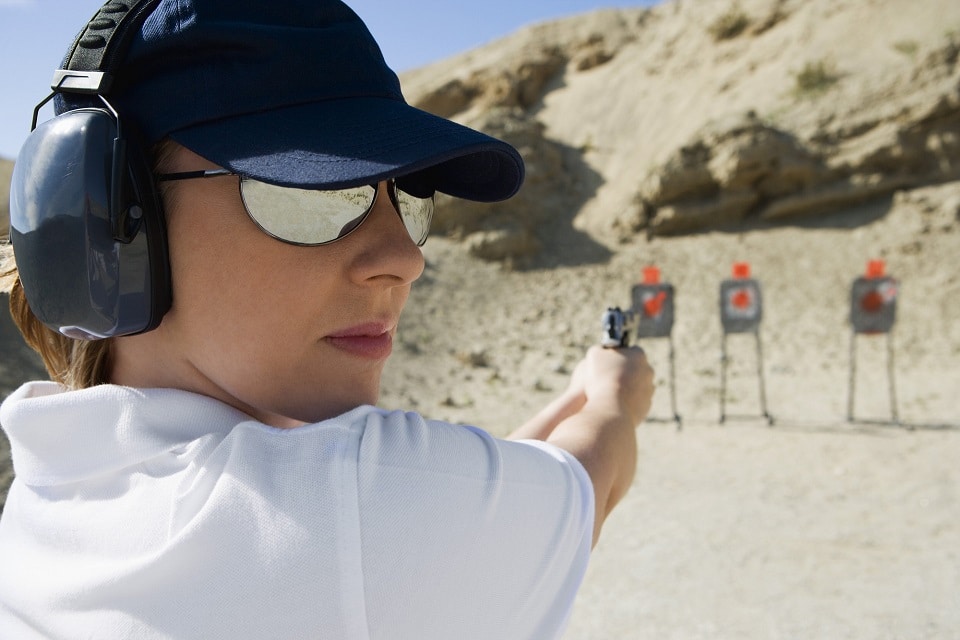
The Frontier Spirit
One of the key factors contributing to the enduring support for the Second Amendment is the deeply ingrained frontier spirit in American culture. Throughout the nation's history, pioneers and settlers relied on firearms for protection and survival in untamed territories. This self-reliance and the belief in the right to defend one's home and family have left an indelible mark on American identity.
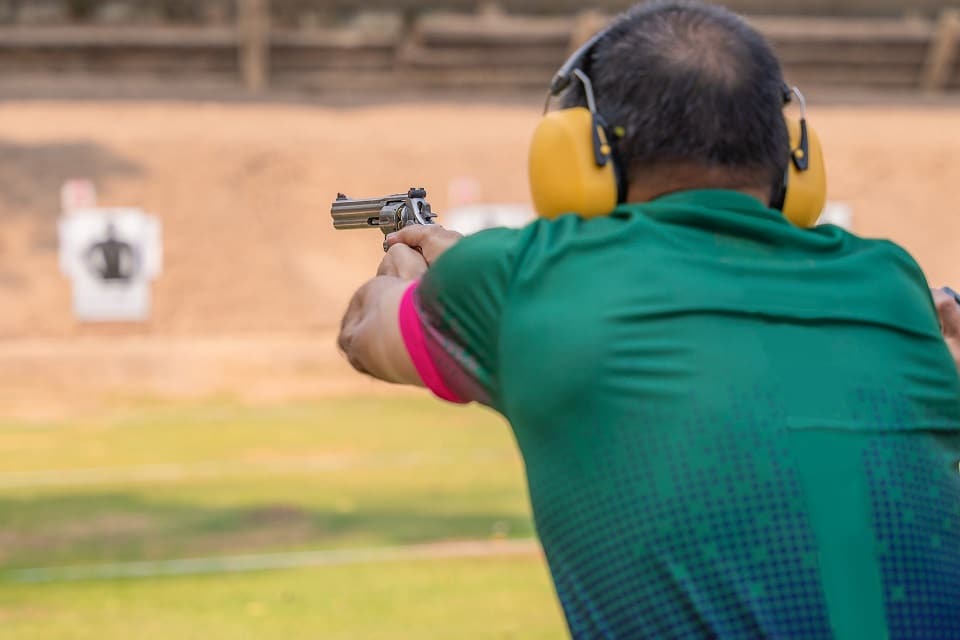
The Cultural Significance of Firearms
Firearms have played a pivotal role in American culture, from the musket-toting Minutemen of the American Revolution to the cowboy era of the Wild West. Movies, literature, and popular culture have often romanticized the image of the rugged individualist armed with a firearm. For many, firearms symbolize freedom, self-reliance, and the ability to protect one's loved ones.
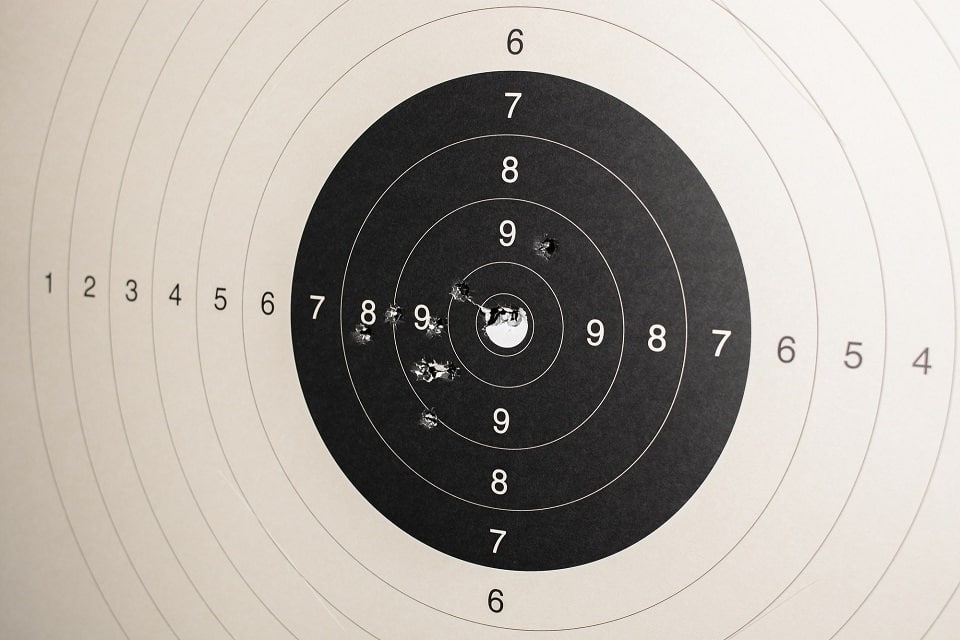
The Right to Self-Defense
The concept of self-defense is deeply ingrained in human nature, and the Second Amendment provides a legal framework for individuals to protect themselves and their families. For many Americans, the right to bear arms is a fundamental element of personal safety. They believe that restricting this right would leave them vulnerable to threats and unable to defend themselves in critical situations.
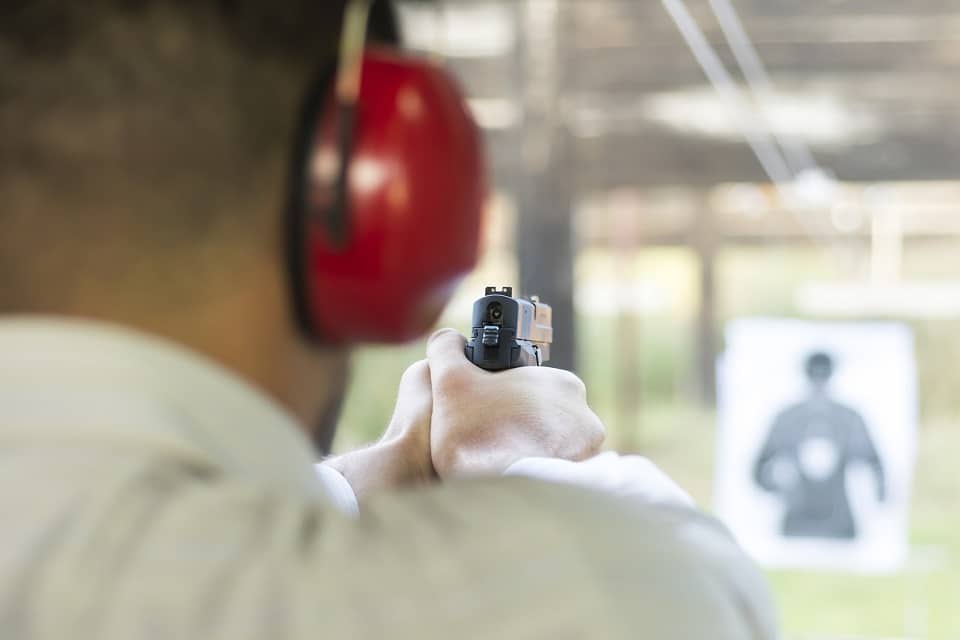
Historical Precedents
Throughout American history, there have been attempts to limit or regulate firearms ownership, but these efforts have often faced strong resistance. The failure of the Prohibition era's gun control measures and the 1994 Assault Weapons Ban illustrate the challenges in implementing stringent gun control policies in a nation with a deeply rooted gun culture.
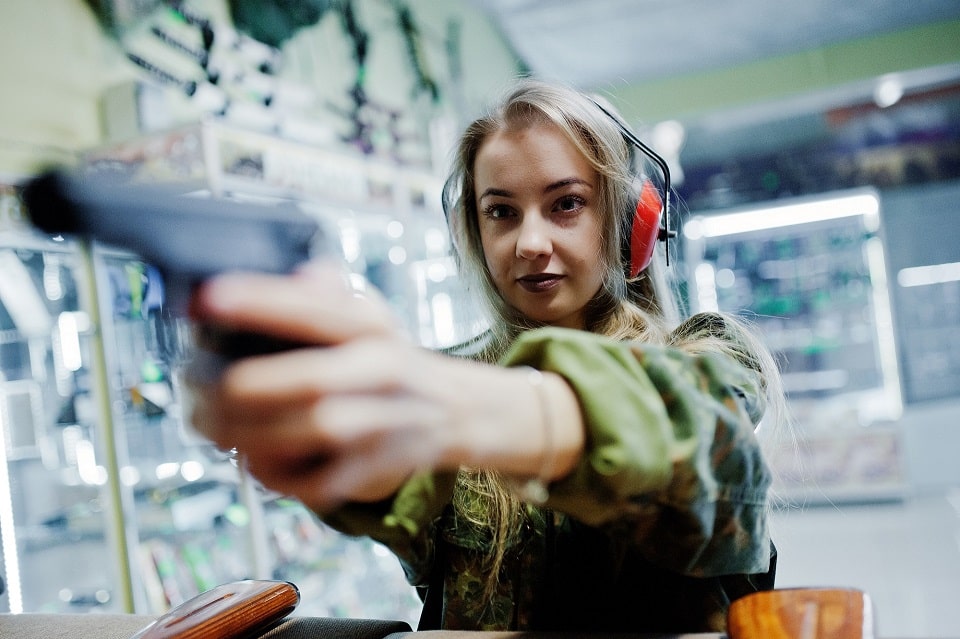
The Influence of Interest Groups
Interest groups, such as the National Rifle Association (NRA), have played a significant role in shaping public opinion and lobbying for pro-Second Amendment policies. These organizations have effectively mobilized their members and supporters to defend the right to bear arms, making it politically challenging to pass restrictive gun control legislation.

The Fear of Government Overreach and The Slippery Slope Argument
A prevalent concern among Second Amendment advocates is the fear of government overreach and potential abuses of power. History has shown that oppressive regimes often disarm their citizens to consolidate control. This historical context fuels the belief that an armed citizenry acts as a check on government authority and prevents potential tyranny. Many opponents of gun control argue that any infringement on the Second Amendment is a slippery slope that could lead to the complete disarmament of the population. This argument suggests that once certain firearms are banned or restricted, it sets a precedent for further limitations, ultimately eroding the right to bear arms.
The Role of the Constitution and The Cultural Divide
The United States Constitution holds a sacred place in the hearts of many Americans, and any attempt to amend or reinterpret the Second Amendment is met with resistance. The belief that the Constitution is a timeless document that should not be altered without great cause reinforces the commitment to preserving the Second Amendment. The debate over the Second Amendment often reflects the broader cultural and political divide in the United States. Rural and conservative areas tend to have a stronger attachment to gun rights, while urban and liberal regions often advocate for stricter gun control measures. This cultural divide exacerbates the resistance to gun control efforts, as it is seen as an attack on a way of life.
In a Few Weeks I will Celebrate my 64th Birthday
When I enlisted in the United States Army I took an oath that began like this ... "I, _____, do solemnly swear (or affirm) that I will support and defend the Constitution of the United States against all enemies, foreign and domestic." That oath did not end when my enlistment ended. There are many, many others just like me.
